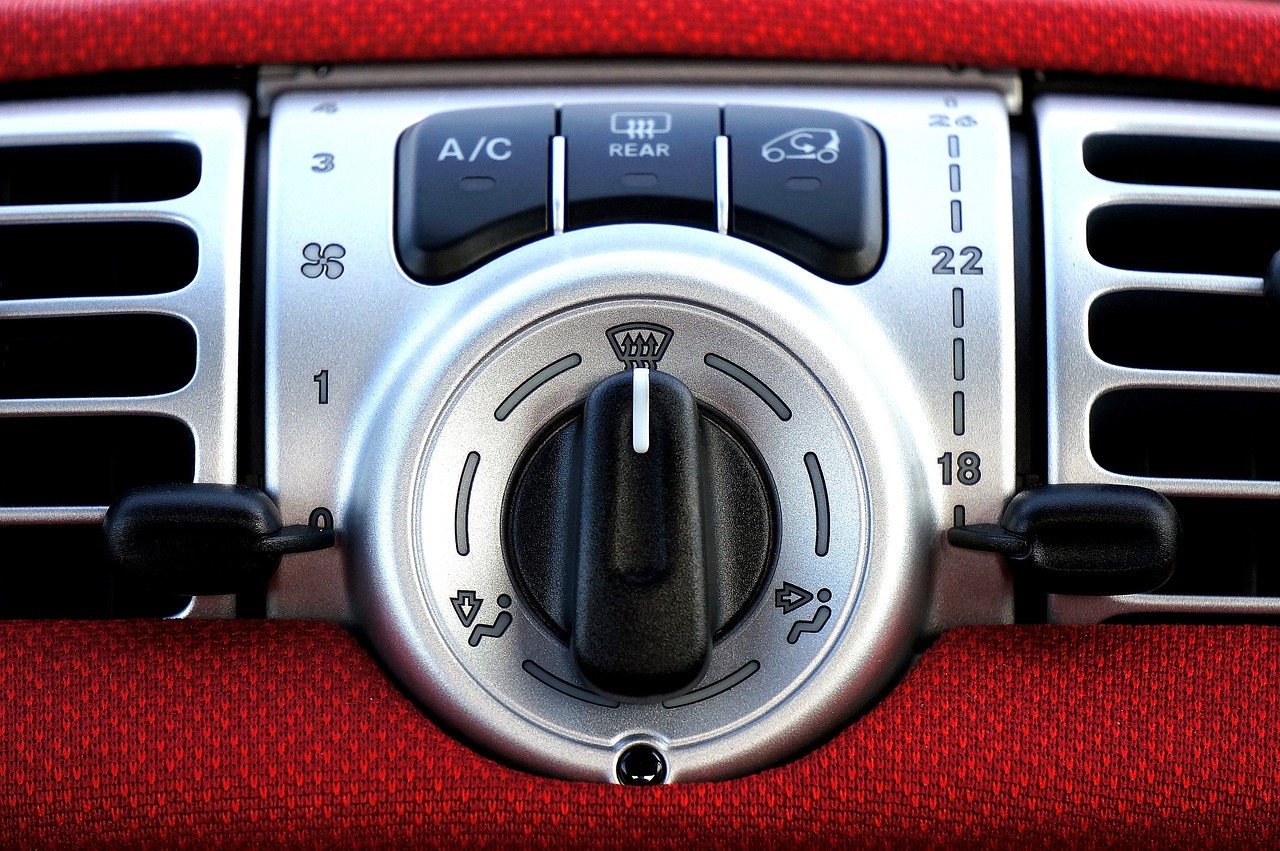Online HVAC Training Courses and Learning Options
The heating, ventilation, and air conditioning (HVAC) industry continues to experience steady growth, creating consistent demand for skilled technicians. With technological advancements and evolving industry standards, HVAC training has become increasingly accessible through online platforms. These digital learning environments offer flexibility for career changers, working professionals, and those unable to attend traditional classroom settings. Online HVAC programs range from certificate courses to comprehensive diploma programs, with varying focuses on technical knowledge, practical skills development, and preparation for industry certifications.

An Overview of HVAC Skills Programs Available Online
Online HVAC training programs typically cover fundamental knowledge areas including electrical systems, refrigeration principles, heating technologies, air conditioning mechanisms, and ventilation concepts. Many programs structure their curriculum to align with industry certification requirements, particularly those established by NATE (North American Technician Excellence) and EPA (Environmental Protection Agency) Section 608 certification. The delivery methods vary widely across platforms, with some utilizing interactive simulations, video demonstrations, virtual labs, and comprehensive reading materials.
Most online programs offer self-paced learning options, allowing students to progress through modules according to their own schedule and learning speed. This flexibility proves particularly valuable for those balancing work or family commitments while pursuing HVAC education. While hands-on practice remains essential for mastering HVAC skills, many online programs incorporate innovative approaches to practical learning, including virtual simulations, remote labs, and hybrid models that combine online theoretical instruction with in-person practical sessions at designated facilities.
Insights Into Online HVAC Training and Education Requirements
Admission requirements for online HVAC programs typically include a high school diploma or equivalent, though specific prerequisites vary by institution. Some programs require basic mechanical aptitude, while others may recommend foundational knowledge in mathematics, physics, or electrical concepts. Course durations range widely, from short certificate programs lasting a few weeks to comprehensive diploma tracks extending six months to two years, depending on program intensity and scope.
Most reputable online HVAC training providers structure their curriculum to prepare students for industry certifications, particularly the EPA Section 608 certification required for handling refrigerants. Additional certification preparation might include NATE, HVAC Excellence, or manufacturer-specific credentials. While online training provides theoretical foundations, most state licensing requirements mandate a combination of formal education and practical experience, with apprenticeship hours often required before obtaining full licensure. Some programs assist students in connecting with apprenticeship opportunities to fulfill these requirements.
What to Know About HVAC Learning Opportunities Online
When evaluating online HVAC programs, prospective students should consider several key factors. Accreditation stands as a primary indicator of program quality, with institutions accredited by organizations like HVAC Excellence or partnerships with recognized industry associations signaling higher educational standards. Curriculum comprehensiveness matters significantly, with strong programs covering electrical theory, refrigeration principles, heating systems, air conditioning, ventilation, troubleshooting, and increasingly important areas like smart HVAC technologies and energy efficiency.
Instructor qualifications and industry experience directly impact educational quality. The best programs employ instructors with extensive field experience and teaching backgrounds. Technical support and learning resources prove essential for online education success, including responsive help desks, comprehensive learning materials, and user-friendly digital platforms. Career services offerings vary widely, with some programs providing job placement assistance, resume building, interview preparation, and connections to local employers—services that significantly enhance post-graduation employment prospects.
Types of Online HVAC Training Programs Available
The landscape of online HVAC education encompasses various program types to suit different career goals and learning preferences. Certificate programs typically focus on specific skill areas or preparation for particular certifications, often completed in three to six months with concentrated study in areas like residential HVAC, commercial refrigeration, or green technology. Diploma programs offer more comprehensive education, usually lasting six months to a year and covering broader knowledge areas with deeper technical understanding.
Associate degree programs, typically requiring two years to complete, combine HVAC technical training with general education courses, offering advantages for those seeking advancement to supervisory roles. Continuing education and specialized training courses cater to working professionals looking to expand skills in emerging areas like smart home integration, building automation systems, or specific manufacturer systems. Self-paced learning modules provide maximum flexibility but require strong self-discipline, while cohort-based programs offer structured timelines and peer interaction opportunities.
Cost Comparison of Online HVAC Training Options
Online HVAC training programs vary significantly in cost based on program length, credentials offered, and institutional type. Understanding the investment required helps prospective students make informed decisions aligned with their budget and career goals.
| Institution Type | Program Length | Typical Cost Range | Credential Offered |
|---|---|---|---|
| Community Colleges | 6-24 months | $2,500-$10,000 | Certificate or Associate Degree |
| Technical Schools | 6-12 months | $1,500-$15,000 | Certificate or Diploma |
| Private Online Schools | 3-12 months | $800-$5,000 | Certificate |
| Industry Association Programs | 1-6 months | $500-$2,000 | Specialized Certification |
| Corporate Training Providers | 1-3 months | $1,000-$3,500 | Certificate |
Prices, rates, or cost estimates mentioned in this article are based on the latest available information but may change over time. Independent research is advised before making financial decisions.
Additional costs may include textbooks ($200-$500), tools ($200-$1,000), certification exam fees ($50-$200 per exam), and specialized software subscriptions. Many programs offer payment plans, and financial aid may be available for accredited institutions. Veterans often qualify for educational benefits that can significantly reduce out-of-pocket expenses.
Practical Considerations When Choosing Online HVAC Training
While online HVAC education offers convenience and flexibility, prospective students should consider practical aspects before enrolling. Technology requirements typically include reliable internet access, updated computer systems, and potentially specialized software for simulations or virtual labs. Learning style compatibility matters significantly—online programs require self-discipline and independent learning abilities, though some programs incorporate interactive elements and instructor support to enhance engagement.
The balance between theoretical knowledge and practical skill development remains a critical consideration. The most effective online HVAC programs incorporate strategies for hands-on practice through lab kits shipped to students, partnerships with local facilities for practical sessions, virtual reality simulations, or hybrid approaches combining online theory with scheduled in-person labs. Industry recognition plays a crucial role in program selection, as employers may have varying perceptions of online credentials compared to traditional education paths. Programs with strong industry partnerships, apprenticeship connections, and recognized accreditation typically offer stronger employment outcomes.
Online HVAC training has evolved to provide viable pathways for entering the HVAC industry or advancing existing careers. By carefully evaluating program credentials, structure, cost, and practical learning components, prospective students can select educational options that align with their career goals, learning preferences, and practical circumstances.




